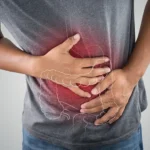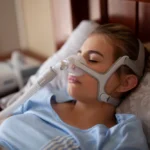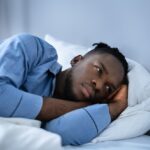Rachel is 53. She has been enjoying the last few years since her children moved out of home, and herself and her husband have been able to find more time for traveling, hobbies and interests of their own. However, over the last year her snoring has gotten really bad, and she hasn’t been sleeping well. Her husband has even started sleeping in the other room as it is affecting him too. Not only that, but she’s been having a lot of hot flashes and irregular menstrual periods for the past few months.
The hot flashes at night cause Rachel to heat up quickly, and kick her feet out from under the covers. She tosses and turns and gets up frequently to use the bathroom. She’s irritable and exhausted during the day due to a lack of good sleep at night.
Rachel needs some help, and is unsure who to ask for relief. Has she reached menopause? Or does she actually have a sleep disorder?
The answer is…
Both!
The menopausal transition usually happens between the ages of 45 and 55, and can last anywhere from 7 to 14 years.
Perimenopause, what Rachel is experiencing in the earlier scenario, is the period of time before menopause when hormone levels and menstrual periods become irregular, the body starts to use energy differently, fat cells change, and women may gain weight more easily.
Sleep disturbances and poor sleep quality are lesser known changes that occur during this phase for many women, but they are actually very common. According to one study, snoring affects 3% of women before menopause and 11% after menopause.
So how does menopause increase the risk of sleep apnea in women?
Obstructive sleep apnea (OSA) occurs when the airways close over as we sleep, causing us to wake many times per hour.
During the onset of menopause, women are protected from sleep apnea due to higher levels of estrogen and progesterone which keep their airway’s muscle tone and prevent it from collapsing. However, during perimenopause these levels decline, and drop to their lowest levels with the onset of menopause, which causes the incidence of sleep apnea to climb. Even without the hormonal changes that occur, women are more likely to lose muscle tone and gain weight as a natural result of aging, which can also make sleep apnea worse.
As a result, sleep apnea often goes undiagnosed in menopausal women who attribute their difficulties to hormonal changes or to the fact that they are just getting older. What makes it more difficult is the fact that many of the symptoms of menopause and sleep apnea are the same; daytime sleepiness, loud snoring or choking at night, morning headaches, dry mouth and frequent urination at night.
This is dangerous, as leaving sleep apnea untreated can cause all sorts of secondary health issues. It is very important that women are made aware of the likelihood of developing this sleep disorder during menopause, and what they can do to treat it.
Lastly, menopausal women are more likely to test positive for OSA than pre-menopausal women. Therefore, getting tested for sleep-disordered breathing should be a priority for them if they suffer with symptoms of sleep apnea alongside their menopausal symptoms.
Are you going through menopause and think you may also be suffering with sleep apnea?
Ognomy can help. Our sleep doctors are available anytime, online, to meet you at your convenience and help you get back to better sleep all from the comfort of your home. Contact us with any questions, register as a new patient here, or download our app from the Appstore or Google Play.
https://www.nia.nih.gov/health/what-menopause https://www.verywellhealth.com/menopause-and-the-risk-of-sleep-apnea-in-women-3014736 https://www.hopkinsmedicine.org/health/wellness-and-prevention/how-does-menopause-affect-my-sleep https://www.webmd.com/sleep-disorders/sleep-apnea/news/20000511/risk-of-sleep-apnea-worsens-after-menopause https://www.ncbi.nlm.nih.gov/pmc/articles/PMC5323064/ https://pubmed.ncbi.nlm.nih.gov/12615621/ https://pubmed.ncbi.nlm.nih.gov/31097176/ https://pubmed.ncbi.nlm.nih.gov/12615621/ https://pubmed.ncbi.nlm.nih.gov/19533447/ https://pubmed.ncbi.nlm.nih.gov/11451831/












